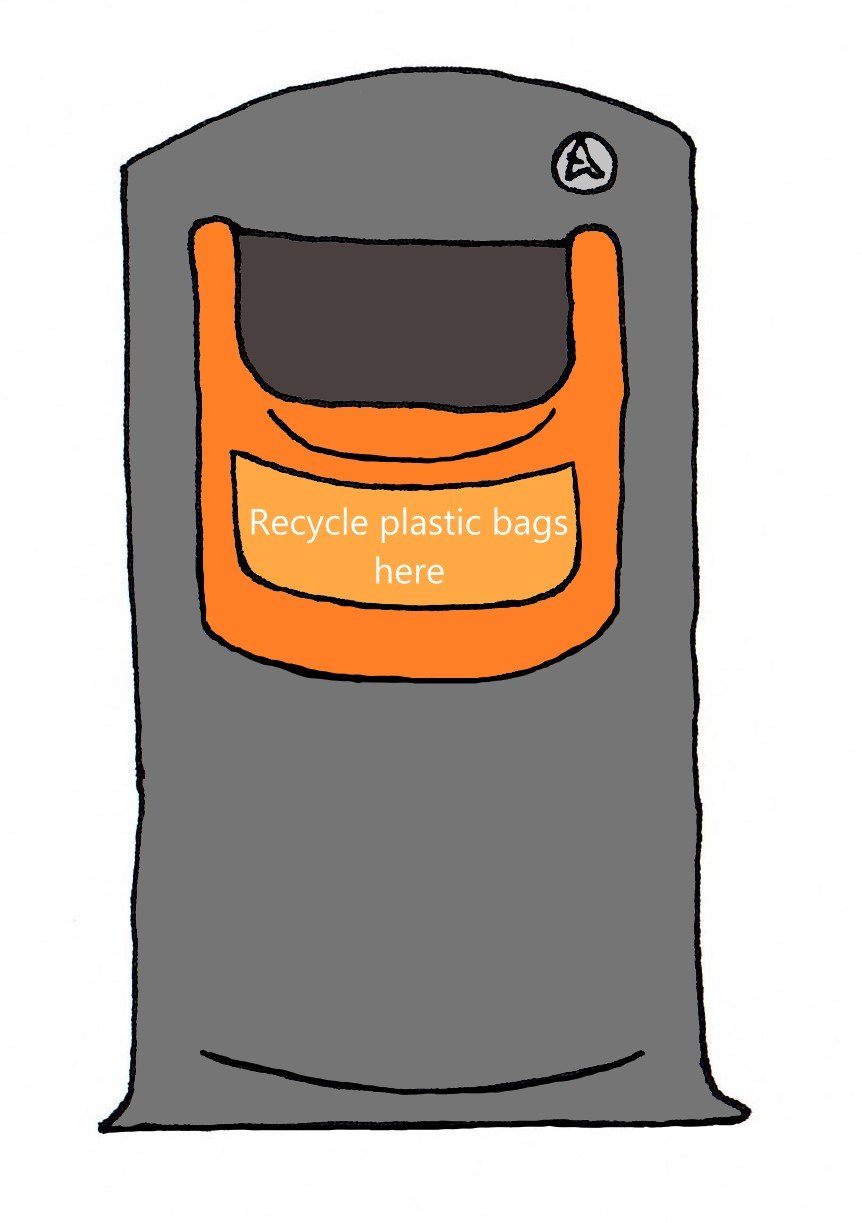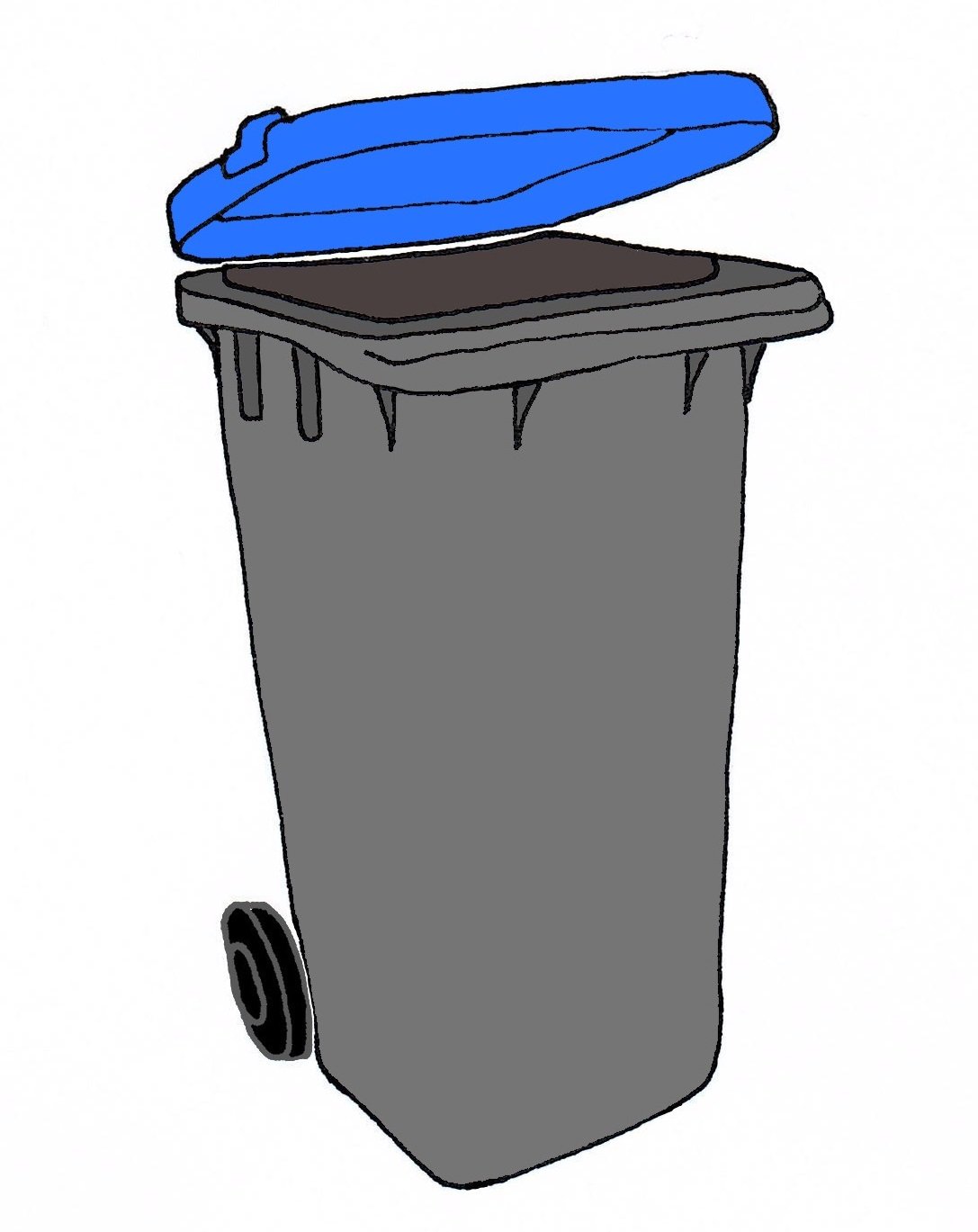Food waste collections
In West Sussex, food waste makes up a staggering 40% of the average household general black top waste bin. So, it makes sense to collect this waste separately as it is then easier to recycle.
The Government announced on 25th March 2024 that funding is available to local councils to fund the collection of food waste.
The good news is that Mid Sussex District Council will receive a grant of £1,041,808 following a successful application for funds. Councils in England will be supported with up to £295 million in funding to introduce weekly food waste collections by 31st March 2026, providing new food waste containers for homes and specialist collection vehicles.
Collections of food waste from every household will prevent contamination of other waste which could then be usefully recycled
Composting
Of course, you can compost lots of your food waste at home. You can use a plastic compost bin bought from WSCC. Here – www.bit.ly/4abK98s – you will also find lots of useful information on composting. You also can buy one from garden centres, or make one from timber.
Success with a compost heap does require a little simple planning. A good procedure is to keep food scraps consisting of vegetables, tea bags, and fruit and transfer them every couple of days to your garden compost bin. You then add grass cuttings in roughly equal portions and that is it.
By not adding meat or fish it does not attract rats.
This simple mixture breaks down quickly and so twice a year, you can empty the compost bin to use the contents as compost for the garden.
So, whilst we are awaiting the start of food waste collection by MSDC, you could try a compost heap for your own compost. If it works out well for you, then you can use the MSDC collection for meat and fish and any excess food waste, when the collection commences.











